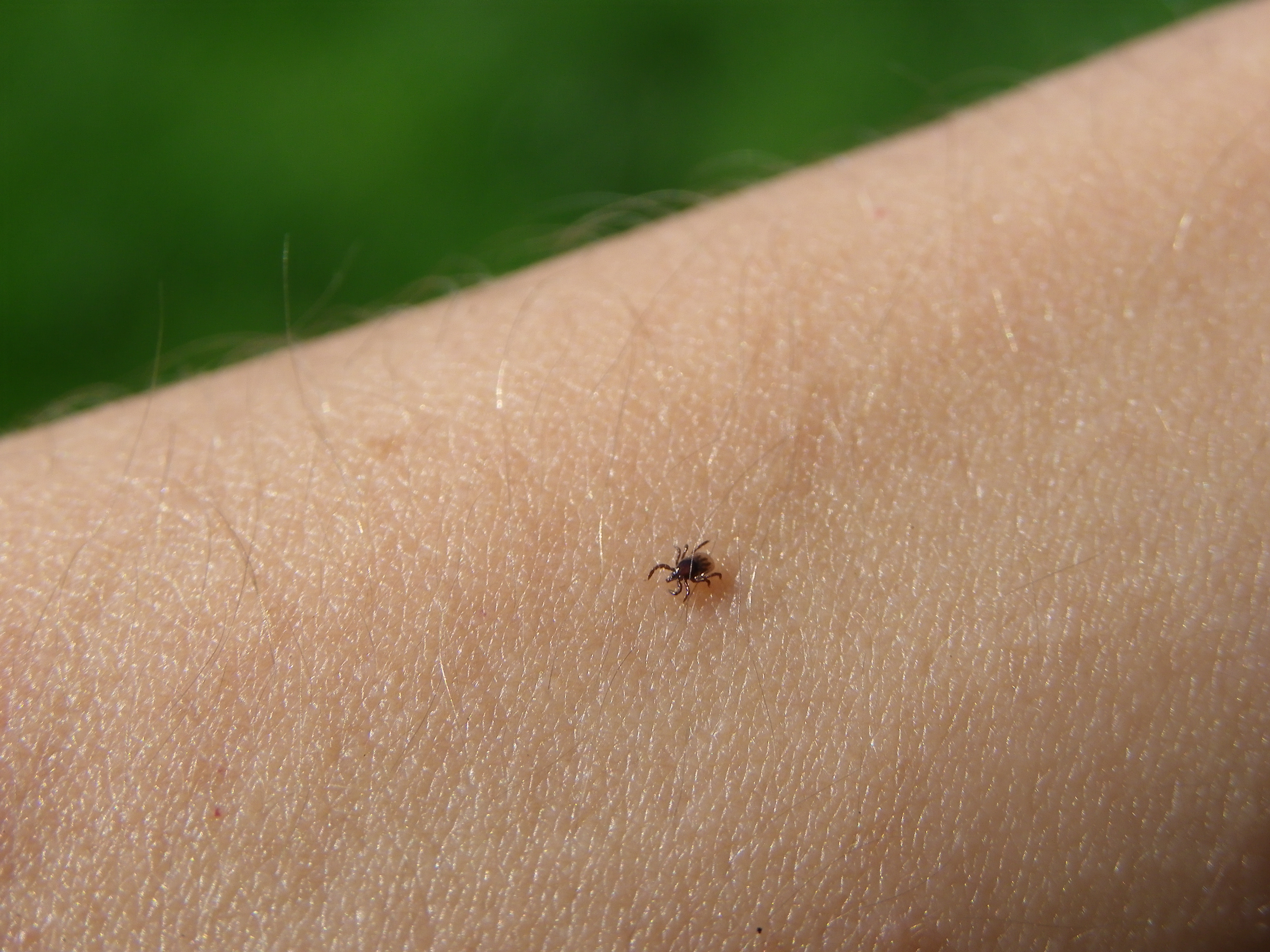SATURDAY, Oct. 17, 2015 (HealthDay News) — No one is completely immune from warts, but some people are more susceptible to these unattractive skin growths, one expert says.
Warts plague children and teens more often, along with people who frequently bite their nails, and those with weakened immune systems, said Dr. Adam Friedman, an associate professor of dermatology at the George Washington School of Medicine and Health Sciences.
“Warts are caused by a virus, and the virus can sometimes spread from one place on your body to another or from person to person,” Friedman said in an American Academy of Dermatology (AAD) news release.
“However, each person’s immune system responds to the wart virus differently, so not everyone who comes in contact with the virus develops warts,” he added.
There are ways to prevent warts from spreading. Don’t pick or scratch your warts, and don’t touch someone else’s wart. Wash your hands after treating warts, Friedman advised.
Another way to help prevent the spread of warts is to wear flip-flops in public showers and pool areas. It’s also important to keep warts on your feet dry, because moisture helps warts spread, according to the AAD.
Most warts go away without treatment within two years, but there are home treatments that can help get rid of them sooner, Friedman said.
One method is to use an over-the-counter wart treatment product with salicylic acid. Before using the product, soak the wart in warm water and then sand the wart with a disposable emery board. Be aware that it can take several months to see good results, Friedman said.
Duct tape is another option. Cover the wart with duct tape and change the tape every few days. Doing so may peel away layers of the wart-affected skin and trigger the immune system to fight the wart, according to Friedman.
Before applying duct tape, soak the wart in warm water, and then sand it with a disposable emery board. Remove and reapply duct tape every five to six days until the wart is gone, he suggested.
Consult a dermatologist if the skin around your wart is raw or bleeding; you can’t get rid of your wart; your wart hurts, itches or burns; you have many warts; you have a wart on your face or genitals; or you have a skin growth and unsure if it’s a wart, because some skin cancers can look like a wart, Friedman said.
More information
The American Academy of Dermatology has more about warts.
Copyright © 2026 HealthDay. All rights reserved.

